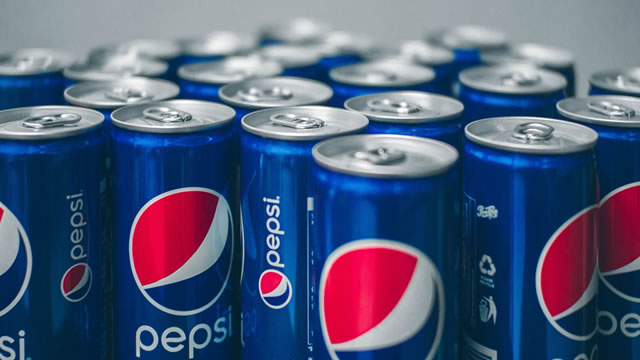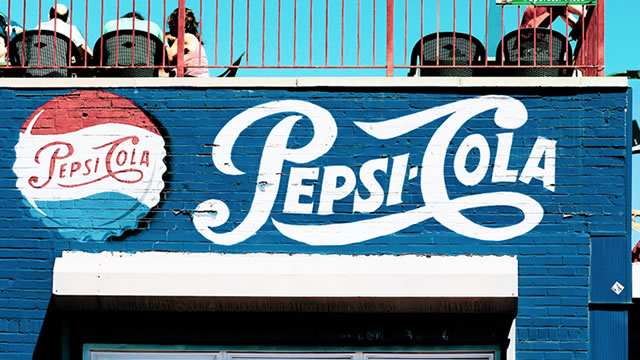PEP Stock Recent News
PEP LATEST HEADLINES
Dividend Kings underperformed SPY year-to-date but are showing stronger gains in August, with several stocks achieving double-digit returns in 2025. Fifteen Dividend Kings currently appear undervalued with expected long-term annualized returns of at least 10%, based on Dividend Yield Theory analysis. Recent dividend increases have modestly boosted the group's 2025 dividend growth rate, though it still trails last year's pace.
The Motley Fool just produced a report covering the largest consumer staples stocks in the world. Every company name on that list is worth examining, but one stands out for investors who are worried about a recession.
Downgrading PepsiCo to 'Hold', as my expectations for a 2025 growth recovery have not materialized with continued volume and earnings declines. Staple sector faces structural headwinds: minimal population growth, rising competition, health trends, and supply chain pressures are weighing on profitability and growth. PepsiCo is underperforming peers like Coca-Cola and Mondelez in both revenue and market share growth, with disappointing recent results and guidance.
Is your portfolio getting thinned out by all the profit-taking that tends to materialize when the market reaches record highs? That's OK.
PepsiCo (PEP) closed at $148.98 in the latest trading session, marking a -1.16% move from the prior day.
PEP and KDP take different paths to growth, which are global scale versus regional focus, shaping their rivalry in the evolving beverage market.
Wall Street icon Warren Buffett got some of his investment training by studying with and working for value investing pioneer Benjamin Graham. One of Graham's most important contributions to investing was to point out, during the Great Depression, that even a great business can be a bad investment if you pay too much for it.
Dividend investors have some advantages over investors who focus solely on growth stocks. The portfolio income they generate often grows over time and can buffer weak returns when markets are flat or declining.
PEP beats Q2 expectations with pricing power. However, soft volumes and long-term growth questions loom.
As investors get closer to retirement, they tend to gravitate toward income-producing assets and may start to place a greater emphasis on dividend stocks. This may seem counterintuitive given the 1.2% dividend yield of the S&P 500 and the fact that companies have the right to suspend dividend payments at any time.








